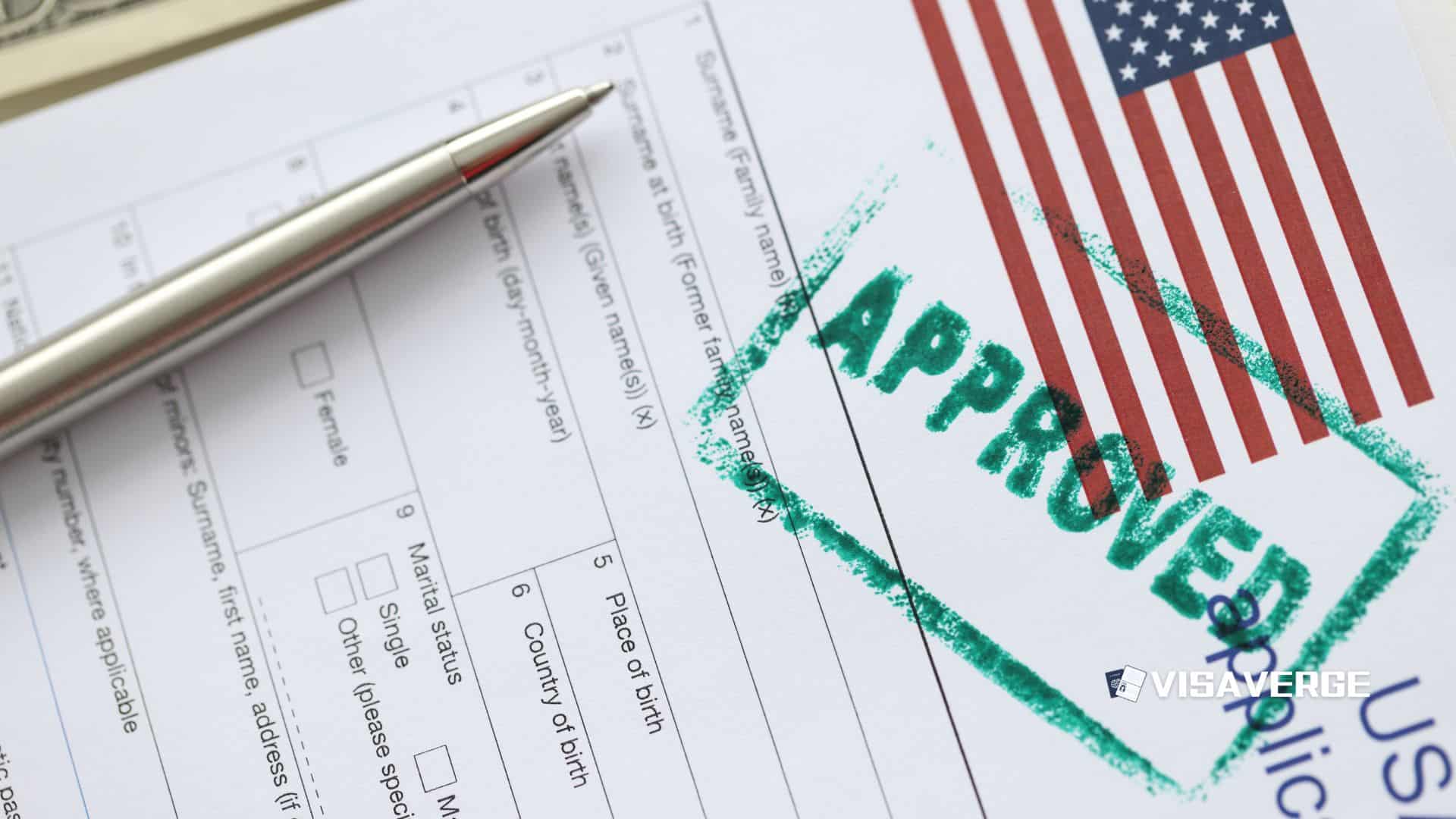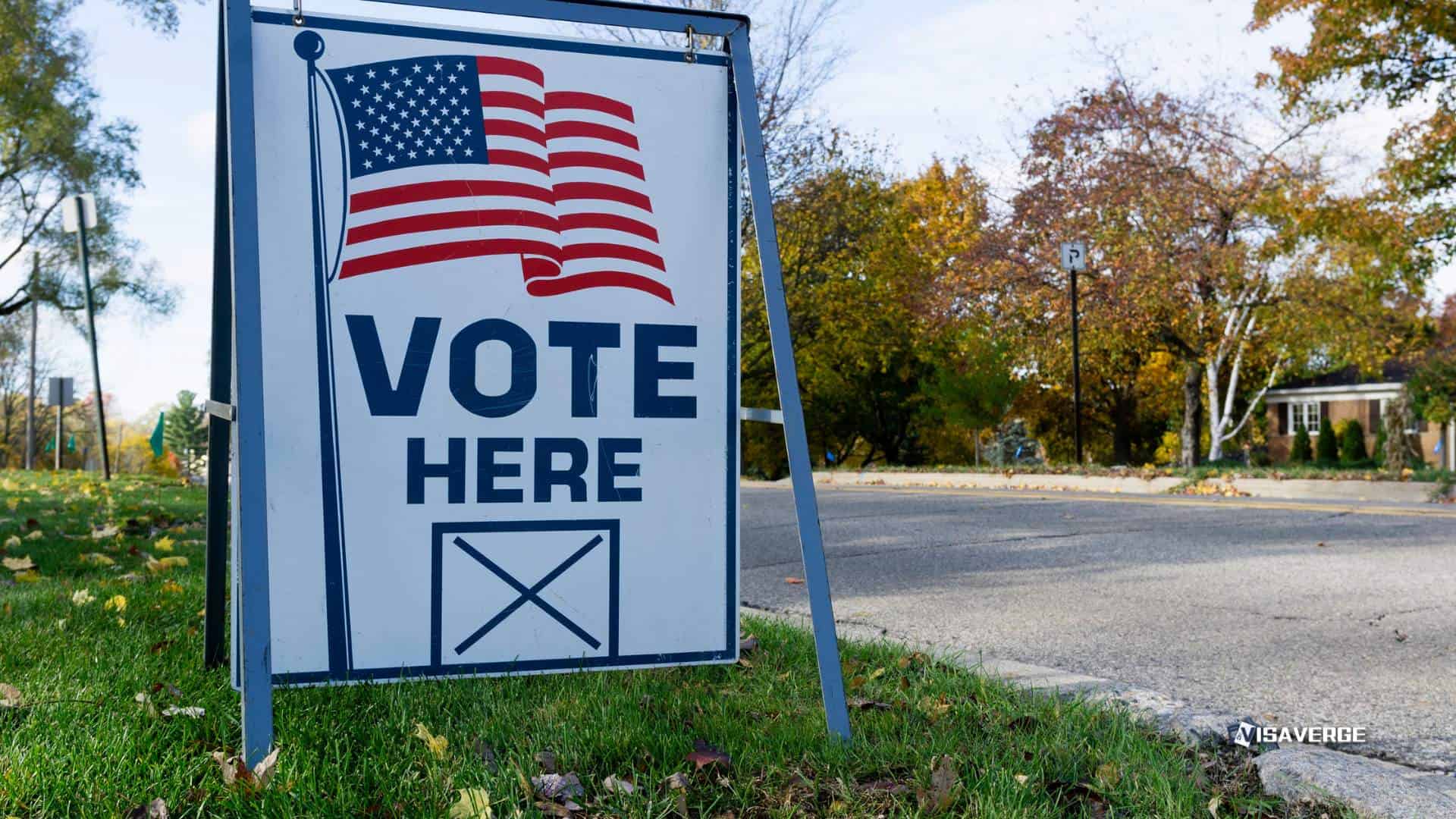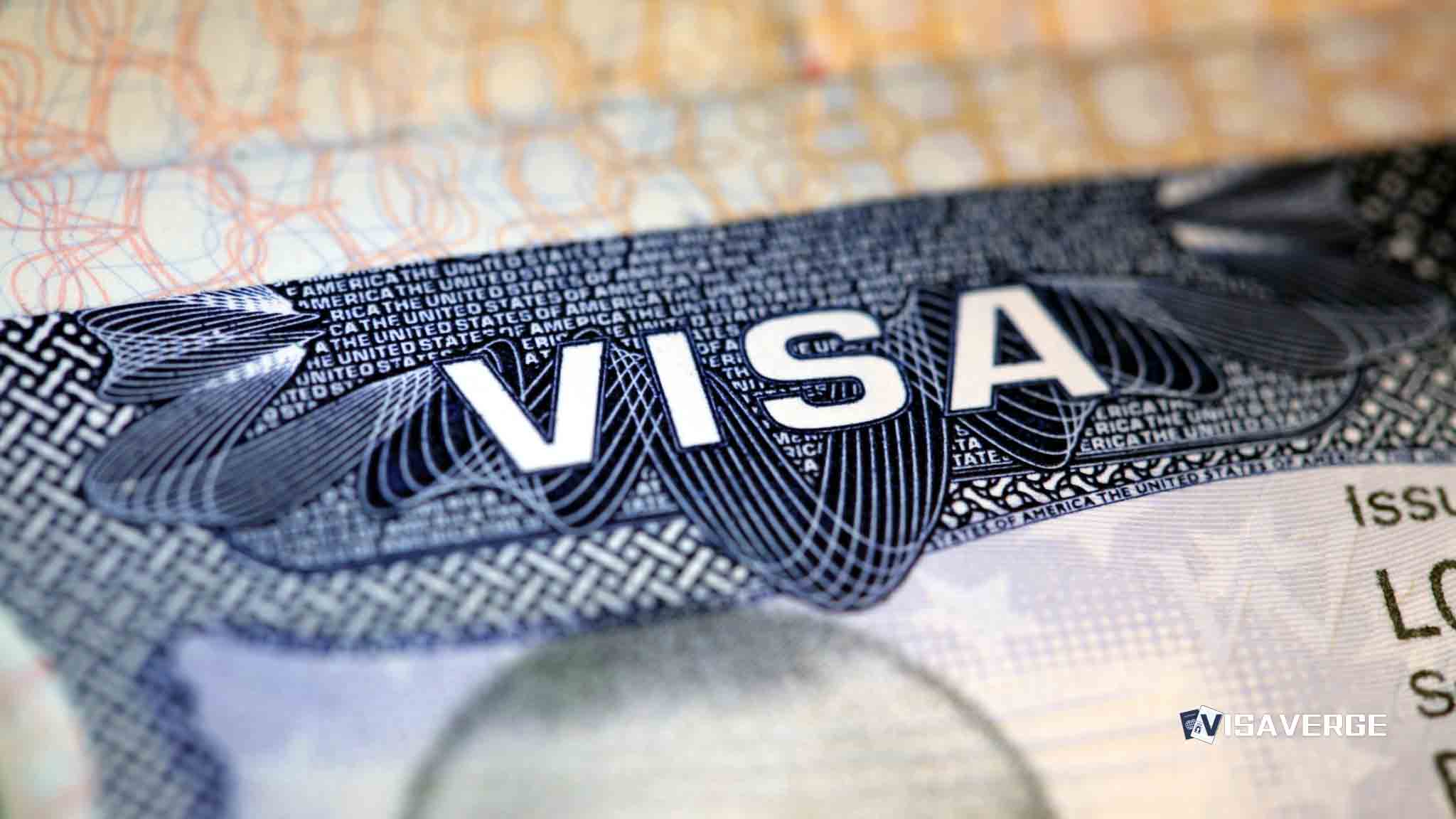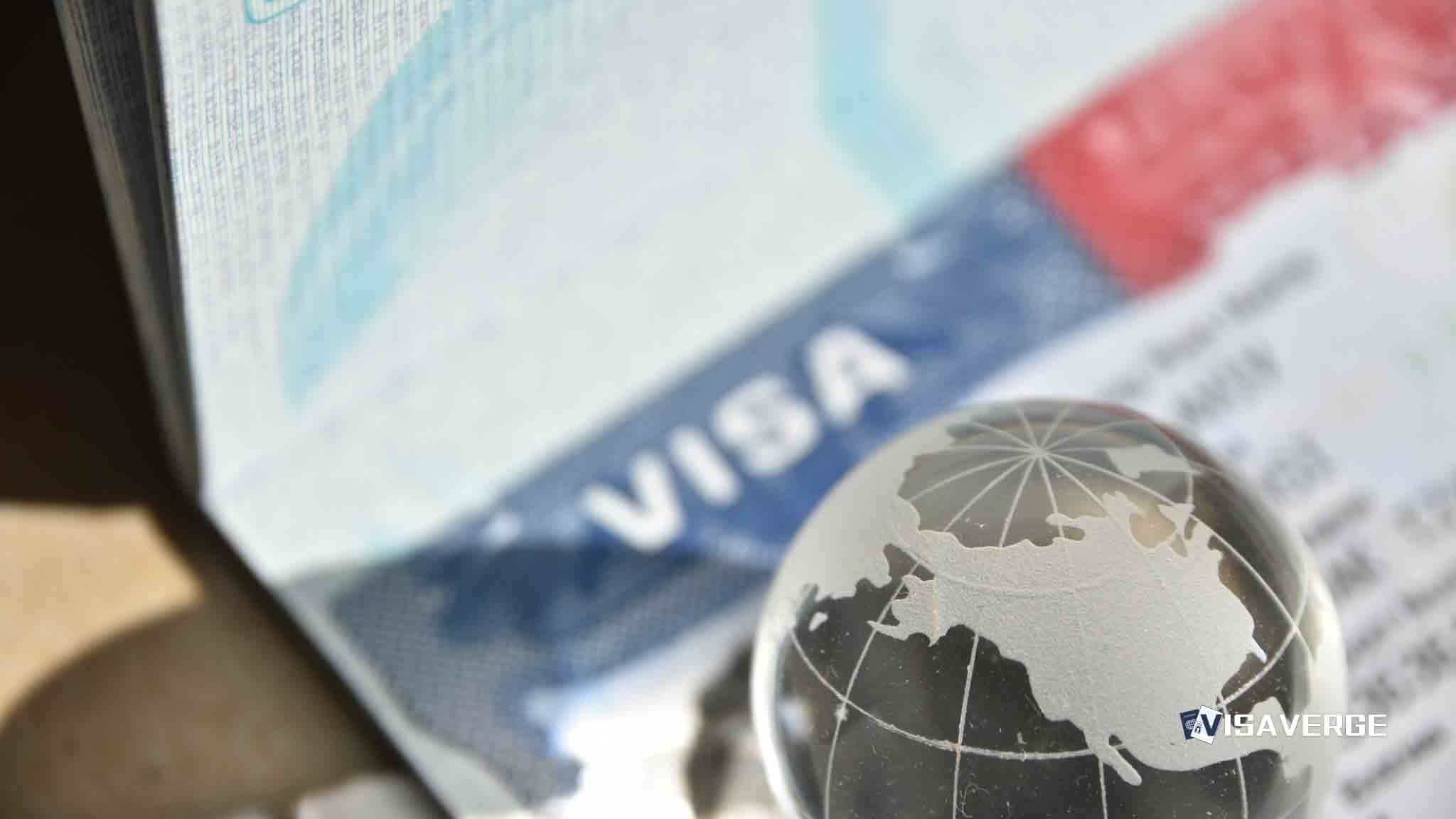Key Takeaways
• ICE arrested 2,368 people June 5, 2025, exceeding previous daily averages by over 700 arrests.
• White House aims for minimum 3,000 daily ICE arrests under President Trump’s enforcement strategy.
• 2025 bill proposes $151.3 billion for immigration enforcement, including 10,000 new ICE agents.
Immigration and Customs Enforcement (ICE) is facing a deepening cash crisis just as the United States 🇺🇸 government pushes for a major immigration crackdown. In early June 2025, ICE broke its own records for daily arrests, with more than 2,200 people detained on both June 4 and 5. The White House, under President Trump, has now set a new goal: at least 3,000 ICE arrests every day. This surge is part of a broader push for stricter immigration enforcement, backed by new funding proposals and policy changes that could reshape the landscape for immigrants, local governments, and advocacy groups across the country.
Record ICE Arrests and New Enforcement Goals

On June 4, 2025, ICE agents arrested 2,267 people in a single day. The next day, that number climbed to 2,368—both figures far above the previous week’s daily average of about 1,600. These numbers are not just statistics; they reflect a sharp increase in enforcement actions, including more worksite raids and arrests at immigration courts. ICE is also making more “collateral” arrests, which means detaining people who are not the main targets but happen to be present when agents arrive.
The White House has made it clear that these numbers are only the beginning. Deputy Chief of Staff Stephen Miller said, “Under President Trump’s leadership, we are looking to set a goal of a minimum of 3,000 arrests for ICE every day.” This aggressive target is part of a larger strategy to crack down on illegal immigration and increase removals from the United States 🇺🇸.
Funding Proposals and ICE’s Cash Crisis
Despite the surge in enforcement, ICE is struggling with a cash crisis. The agency’s budget is stretched thin by the costs of more arrests, detentions, and legal proceedings. To address this, Congress is considering the 2025 House Reconciliation Spending Bill, which would provide a massive $151.3 billion for immigration and border enforcement. Of that, $5 billion would go directly to the Department of Defense for border operations and detaining migrants.
If the bill passes, ICE could hire 10,000 more personnel and add tens of thousands of new detention beds. This would “supercharge” enforcement, according to ICE officials, making it possible to meet or even exceed the White House’s daily arrest goals.
However, the funding bill also proposes new or higher fees for immigration applications. Most fee waivers for low-income applicants would be eliminated, making it much harder for vulnerable people to apply for legal status or relief. The new fees would be adjusted every year for inflation and would not be used to speed up application processing—they would go into the general Treasury fund instead.
Policy Changes and Their Impact
The Trump administration’s latest directives represent a major shift in federal immigration policy. The focus is now on increasing enforcement actions, raising arrest targets, and limiting access to fee waivers for immigration applications. The Judiciary Committees have recommended that the new fees apply to applications handled by several agencies, including:
- U.S. Citizenship and Immigration Services (USCIS)
- Department of State (DOS)
- Customs and Border Protection (CBP)
- Executive Office for Immigration Review (EOIR)
- Department of Health and Human Services (DHHS)
These changes override existing laws, such as the Violence Against Women Act, which previously required fee waivers for certain vulnerable groups. Now, even those who have suffered abuse or face other hardships may have to pay higher fees to seek protection or relief.
How ICE Arrests and Detentions Work
To understand the impact of these changes, it helps to look at how ICE arrests and detentions happen:
- Target Identification: ICE identifies people for enforcement based on their immigration status, criminal history, or other factors.
- Enforcement Operations: Agents carry out raids at workplaces, homes, or even courts. During these actions, they may also make collateral arrests, detaining people who are not the main targets.
- Apprehension: Those arrested are taken into custody and sent to detention centers.
- Processing: Detainees are processed, and removal (deportation) proceedings begin.
- Legal Proceedings: People in detention can try to get legal help, but access is limited because of funding and capacity problems.
- Removal or Release: Depending on the outcome, individuals may be deported or released.
This process can be confusing and stressful, especially for those who do not have legal representation or cannot afford the new, higher application fees.
Local Responses and Rising Tensions
The federal government’s crackdown has led to growing tensions with local officials. For example, on June 10, 2025, New York City Comptroller Brad Lander called for the city to expand legal services for immigrants. This was in response to reports of ICE agents detaining people at courthouses, a practice that many local leaders see as unfair and harmful to community trust.
Cities like New York are under pressure to help immigrants facing removal, but their resources are limited. Nonprofit organizations and legal aid groups are also struggling to keep up with the demand for help, especially as more people are detained and face higher barriers to legal relief.
Financial Barriers for Immigrants
One of the most serious effects of the new policies is the financial burden on immigrants. The elimination of most fee waivers means that many low-income people will not be able to afford the costs of applying for legal status, work permits, or other forms of relief. This is especially hard on vulnerable groups, such as survivors of domestic violence, children, and people fleeing dangerous situations.
Advocacy groups warn that these changes will make it much harder for people to stay in the United States 🇺🇸 legally, increasing the risk of detention and deportation. The new fees are also likely to discourage people from seeking help, even when they have a strong case for relief.
Collateral Arrests and Civil Liberties Concerns
The practice of collateral arrests has raised serious concerns about civil liberties and due process. When ICE agents detain people who are not the main targets of an operation, it can lead to the separation of families and the detention of people with no criminal record or immigration violations. Critics argue that this approach undermines trust in law enforcement and makes communities less safe.
Legal experts also worry that the rapid increase in arrests, combined with limited access to legal services, could violate the rights of immigrants to fair hearings and due process. As reported by VisaVerge.com, many advocacy groups are preparing to challenge these practices in court, arguing that they harm vulnerable populations and go against basic principles of justice.
Stakeholder Perspectives
The current crackdown has sparked strong reactions from different groups:
- Federal Government: Officials argue that increased enforcement is necessary for national security and to uphold immigration laws. They see the higher arrest numbers as a sign of success.
- Local Governments: Many city and state leaders are pushing back, calling for more legal protections and support for immigrants. They worry about the impact on families and communities.
- Advocacy Groups: Organizations that support immigrants are critical of the elimination of fee waivers and the use of collateral arrests. They say these policies hurt the most vulnerable and make it harder for people to get help.
- Affected Individuals: Immigrants and their families face greater risks of detention, deportation, and financial hardship. Many are afraid to go to court, seek medical care, or even leave their homes.
Historical Context and Recent Shifts
Immigration enforcement in the United States 🇺🇸 has changed over time, depending on who is in the White House. Under President Trump, the focus was on aggressive enforcement and high arrest numbers. When President Biden took office, some of these measures were scaled back, with more emphasis on humanitarian concerns.
Now, in 2025, the pendulum has swung back toward stricter enforcement. The new policies and funding proposals reflect ongoing debates in Congress and across the country about how to balance border security with the rights and needs of immigrants.
Future Outlook
If the 2025 House Reconciliation Bill passes, ICE will have more money and resources than ever before. This could lead to even higher arrest numbers, more detentions, and a greater strain on local governments and legal aid organizations. The White House has made it clear that the goal is to keep increasing enforcement, with no end in sight.
At the same time, cities like New York are likely to keep expanding legal services and protections for immigrants. Advocacy groups are preparing legal challenges to the new fees and enforcement practices, arguing that they violate the rights of vulnerable people.
Practical Guidance for Immigrants and Families
If you or someone you know is affected by these changes, here are some steps you can take:
- Stay Informed: Follow updates from official sources like the U.S. Citizenship and Immigration Services (USCIS) and ICE’s official website.
- Seek Legal Help: If you are facing removal or have questions about your status, try to contact a trusted legal aid group or immigration attorney as soon as possible.
- Know Your Rights: Learn about your rights during ICE encounters. You do not have to open your door to ICE agents unless they have a warrant signed by a judge.
- Prepare Documents: Keep important documents, such as identification and proof of residence, in a safe place where you can access them quickly if needed.
- Connect with Local Resources: Many cities and nonprofits offer free or low-cost legal services for immigrants. Check with your local government or community organizations for help.
Common Questions
How will increased fees affect low-income immigrants?
Most fee waivers will be eliminated, making it much harder for low-income people to apply for legal status or relief. This could lead to more people being detained or deported.
What are collateral arrests?
Collateral arrests happen when ICE detains people who are not the main targets of an operation but are present at the scene. This practice can lead to the detention of family members, friends, or bystanders.
What is the current arrest target?
The White House has set a goal of at least 3,000 ICE arrests per day, a significant increase from previous years.
How are local governments responding?
Cities like New York are expanding legal services and advocating for more protections for immigrants. They are also pushing back against federal enforcement actions that they see as harmful to their communities.
Additional Resources
For more information on immigration enforcement, legal rights, and available services, visit the U.S. Citizenship and Immigration Services (USCIS) official website. This site provides up-to-date information on forms, fees, and policy changes.
Conclusion
The current immigration crackdown, record ICE arrests, and proposed policy changes are reshaping the landscape for immigrants in the United States 🇺🇸. While the federal government pushes for tougher enforcement and higher arrest numbers, local governments and advocacy groups are working to protect the rights and well-being of immigrants. The elimination of fee waivers and the rise in collateral arrests are creating new challenges, especially for low-income and vulnerable people.
As the debate continues and new laws are considered, it is more important than ever for immigrants and their families to stay informed, seek legal help, and connect with community resources. Analysis from VisaVerge.com suggests that the coming months will be critical in determining how these changes play out and what they mean for millions of people across the country.
Learn Today
ICE → U.S. agency enforcing immigration laws, responsible for arrests, detentions, and deportations.
Collateral Arrests → Detaining individuals not targeted but present during ICE enforcement operations.
Fee Waivers → Government exemptions allowing low-income applicants to avoid paying immigration application fees.
House Reconciliation Bill → 2025 budget proposal allocating funds for immigration enforcement and border security measures.
USCIS → U.S. Citizenship and Immigration Services handling immigration applications and benefits processing.
This Article in a Nutshell
ICE set arrest records in June 2025 amid a cash crisis. New funding and policies aim for 3,000 daily arrests, but higher fees and collateral arrests strain immigrants and advocates nationwide.
— By VisaVerge.com







